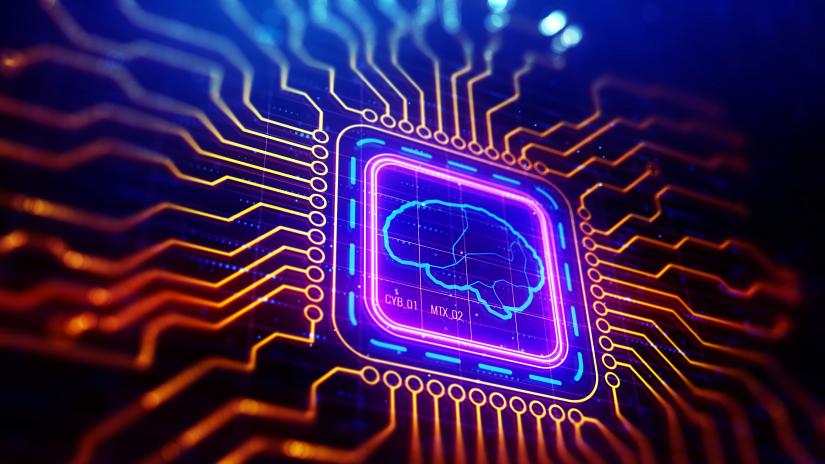The team will work on delivering the next evolution of BCI technology, improving its speed, accuracy and reliability.

Source:AdobeStock
Miniature Physiological Sensors with Integrated Brain Signal Decoders for Brain-Robot Interaction
UTS has been awarded a contract by the Defence Innovation Hub (DIN) to lead the next advancement in brain-computer interfaces (BCI) developed by AAII's Distinguished Professor Chin-Teng Lin and Dr Thomas Do, in collaboration with Professor Francesca Iacopi from FEIT's School of Electrical and Data Engineering.
The contract, awarded in July 2023, will see the team enhance BCI tech from technology readiness level 4 to a fully functioning prototype at TRL6.
“Taking our immersive BCI from TRL4 to TRL6 will be a major step to controlling robots, machinery and computer systems by thought, and making physical input mechanisms such as consoles, touch screens and keyboards redundant,” Professor Lin said.
“The human-autonomous teaming allows persons to use the BCI through two modalities – ‘in-the-loop’, controlling a robot or system with explicit commands, and ‘on-the-loop’, only intervening in a robot’s automated actions when the user notices problems, for example in complex or rapidly evolving situations,” he added.
Read the full story in UTS Central Tech and Design News

